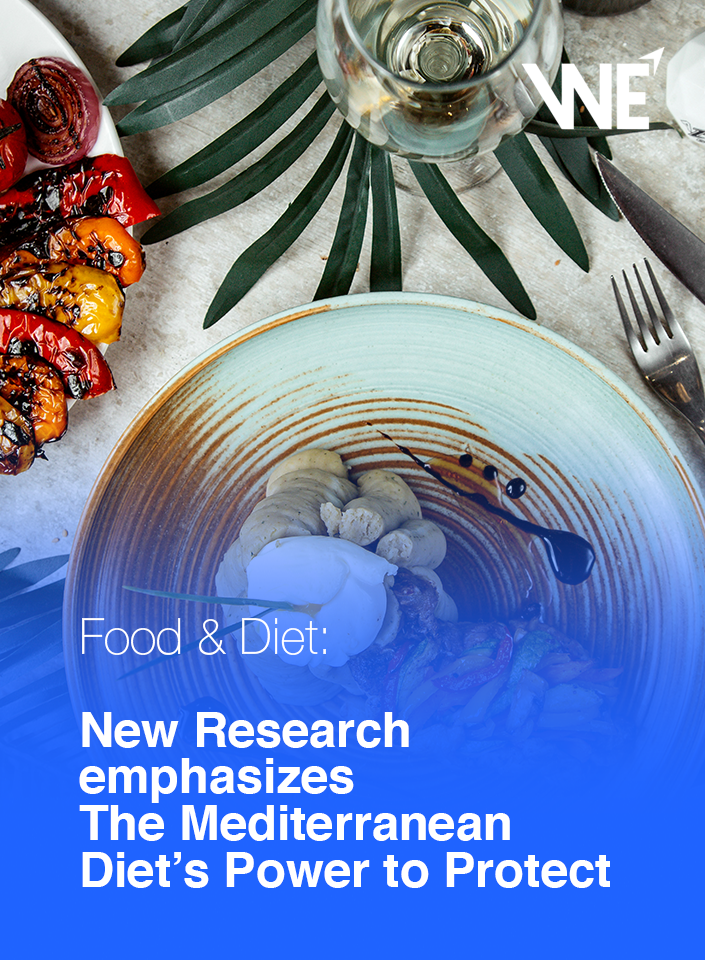The Mediterranean diet has long been lauded for its myriad health benefits, and recent findings only add more substance to its sterling reputation. A study featured in The Guardian reveals that this diet can significantly reduce the risk of heart attacks in individuals predisposed to higher risk. Today, we’ll delve into these findings, including some direct quotes from experts, and in conclusion, share ten types of common foods found in the Mediterranean diet that you can incorporate into your lifestyle.
According to The Guardian’s article, researchers have found that people at higher risk of heart attacks can lower their chances by adhering to a Mediterranean diet. This dietary pattern, rich in fruits, vegetables, whole grains, and healthy fats, has long been associated with better overall health and longevity. Dr. Ramon Estruch, who led the study, affirms, ”The Mediterranean diet is a very powerful tool to reduce cardiovascular risk.”
Harvard Medical School supports these findings, stating that the Mediterranean diet can help lower the risk of heart disease, reduce inflammation, and improve brain health. The Mayo Clinic further reinforces these claims, highlighting the diet’s potential to prevent chronic illnesses, such as type 2 diabetes and certain cancers.
Now that we’ve established the credibility of the Mediterranean diet’s health benefits, let’s explore the ten most common foods found in this wholesome dietary pattern:
- Fruits and vegetables: A cornerstone of the Mediterranean diet, fruits, and vegetables provide essential vitamins, minerals, and fiber to promote overall health. As Dr. Estruch emphasizes, ”A higher consumption of plant-based foods is a key factor in the beneficial effects of the Mediterranean diet.”
- Whole grains: Whole grain bread, pasta, and other products are staples in this diet, contributing to improved digestion and sustained energy levels.
- Olive oil: A primary source of healthy fats in the Mediterranean diet, olive oil is known for its anti-inflammatory properties and potential to reduce the risk of heart disease.
- Legumes: Beans, lentils, and chickpeas are rich in protein and fiber, making them a nutritious and filling component of the Mediterranean diet.
- Nuts and seeds: Almonds, walnuts, and sunflower seeds provide healthy fats, fiber, and protein, which contribute to heart health and satiety.
- Fish and seafood: Rich in omega-3 fatty acids, fish and seafood are important for brain health and reducing inflammation, which supports a healthy heart.
- Poultry: Lean sources of protein like chicken and turkey are favored over red meat in the Mediterranean diet, helping to lower saturated fat intake and maintain a healthy weight.
- Low-fat dairy: Moderate amounts of low-fat dairy products, such as yogurt and cheese, provide calcium and protein without excessive saturated fat.
- Herbs and spices: The Mediterranean diet emphasizes the use of herbs and spices to add flavor, allowing for reduced salt intake and promoting heart health.
Incorporating these nine types of common foods into your eating habits can help you embrace the Mediterranean diet’s health benefits. As Dr. Ramon Estruch has highlighted, this heart-healthy lifestyle can be a powerful tool in reducing cardiovascular risk, leading to a longer and healthier life.

